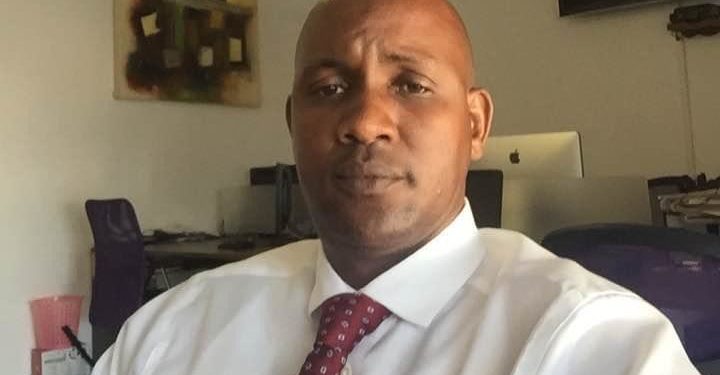On Friday, July 1st, a new set of currencies will be introduced in Sierra Leone. The New Leone, as the Bank of Sierra Leone (BSL) calls it, is part of the first re-denomination of the Sierra Leonean legal tender in over 50 years.
To many Sierra Leoneans, the BSL has failed to provide answers to relevant questions for the decision to embark on this very controversial move.
ManoReporters spoke to Abubakar Jalloh, a researcher and Founder and Chief Executive Officer of the Sanusi Research and Consulting based in Freetown. Mr Jalloh gave his views on the reasons forwarded by the Bank and what he thinks were left out. He also draws some lessons for Sierra Leone from the experience of sister ECOWAS country, Ghana, which passed through a similar route about a decade ago.
Please read on:
ManoReporters: The reasons the Bank of Sierra Leone gave for the redenomination are mainly security and portability. In your view, are these good enough reasons for such a gigantic move?
Jalloh: Yes, I think they are good reasons. The Leone has lost the quality of security and portability due to its dramatic depreciation in value over the years. Imagine that you have to withdraw or deposit Le140 million (about $10,000) cash at your bank. Transporting the cash will not only be expensive but also risky. As Sierra Leone’s economy is largely a cash-based, businesses having to withdraw and deposit huge amount of cash every day bear considerable cost of transportation and run a high risk of robbery. However, the currency redenomination introduced by Bank of Sierra Leone is going to do very little to solve these problems. Despite the new Le20, a Le140 million will still be voluminous.
Do you think there is any benefit to the economy for this move? In other words, is redenomination of the leone really necessary? If no, why not? If yes, why?
I think benefits to the economy will be minimal primary because it is not going to add much quality of security and portability to the new Leone. To me the effects of this redenomination will be the same as printing Le20,000, which costs far less. I think redenomination is necessary if it benefits the economy in the form of security, portability, time saving, ease in software and accounting procedure. Therefore, I look forward to seeing BSL print banknotes with a face value such as Le50 and Le100, which could reduce volume significantly.
You did an analysis comparing the Ghana experience of the redenomination of its Cedi. What lesson is there for Sierra Leone to learn?
I think the lesson Sierra Leone should learn from Ghana is that currency redenomination is only beneficial when you print banknotes with a face value that reduces volume. After Ghana’s redenomination, the Cedi/US Dollar exchange rate stood at ¢1=$1. The most valuable banknote became ¢50 or $50. The other thing that Sierra Leone should learn from Ghana is that printing a new currency is not the only cost of currency redenomination. After fifteen years, some Ghanaians are still struggling to convert the old currency to the new one, including market women, partly due to low literacy rate.
What problems do you foresee until Sierra Leone gets back on its feet after the imminent chaos that the redenomination will cause in the economy?
I think many Sierra Leoneans will find it difficult to transact quickly with the new currency, something that might slow economic activities. People might spend more time in determining the prices of goods and services.
End






















